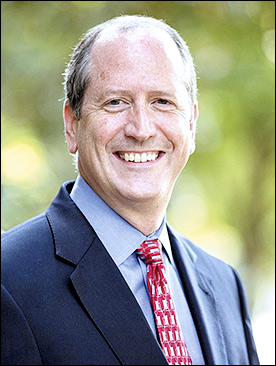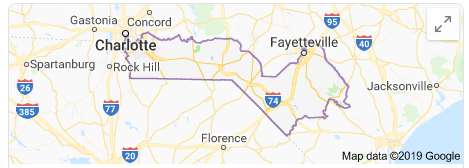By Jim Ellis
 May 21, 2019 — Today we continue with our overview of the 24 Democratic presidential candidates. Yesterday we outlined the first 12, and today we’ll finish up with the remaining candidates (listed alphabetically):
May 21, 2019 — Today we continue with our overview of the 24 Democratic presidential candidates. Yesterday we outlined the first 12, and today we’ll finish up with the remaining candidates (listed alphabetically):
• Ex-Gov. John Hickenlooper (D-CO): Eschewing a Senate race against first-term Republican incumbent Cory Gardner, Hickenlooper, after leaving the Colorado governor’s office in January, became a presidential candidate in early March. But, his early results have been uninspiring.
Lagging in the polls but getting just enough to qualify for a debate podium, Hickenlooper is attempting to establish himself as a reasonable left-of-center candidate, but the constituent segment responding to such a message may simply be too small to make him viable. Colorado Sen. Michael Bennet’s presence in the race even cuts into Hickenlooper’s geographic support base. It is likely that the former two-term Colorado governor and Denver mayor will continue to languish in the second tier for the duration of his candidacy.
• Gov. Jay Inslee (D-WA): One of the also-ran candidates, Gov. Inslee, one of only two state chief executives in the field, is not a factor for the nomination. In fact, he has previously indicated that he would not rule out running for a third term as Washington’s governor next year if he fares poorly in the early presidential voting. It appears barely registering on key polls will be enough to place him in the presidential forums, but it is unlikely that he will receive enough of a boost from those events to make him a viable candidate.
• Sen. Amy Klobuchar (D-MN): From her announcement event where she spoke at an outside podium in a Minnesota snow storm, Sen. Klobuchar has yet to catch fire in any meaningful way. As the only candidate from the Midwest, Klobuchar has the opportunity of cobbling together a geographic coalition. The Iowa Caucus will be an important event for her to establish a legitimacy foothold. The Hawkeye State presidential electorate usually looks favorably on neighboring candidates, so it will be important for her to use this first-in-the-nation caucus as a way to become a top-tier candidate.
• Mayor Wayne Messam (D-Miramar, Fla.): Though Miramar is larger than Mayor Pete Buttigieg’s South Bend, Indiana, this local mayor has yet to catch fire. Many media publications do not even count him as part of the candidates’ list. Mayor Messam is unlikely to qualify for the candidate forums and faces major obstacles in developing national credibility for this presidential race.
Continue reading





